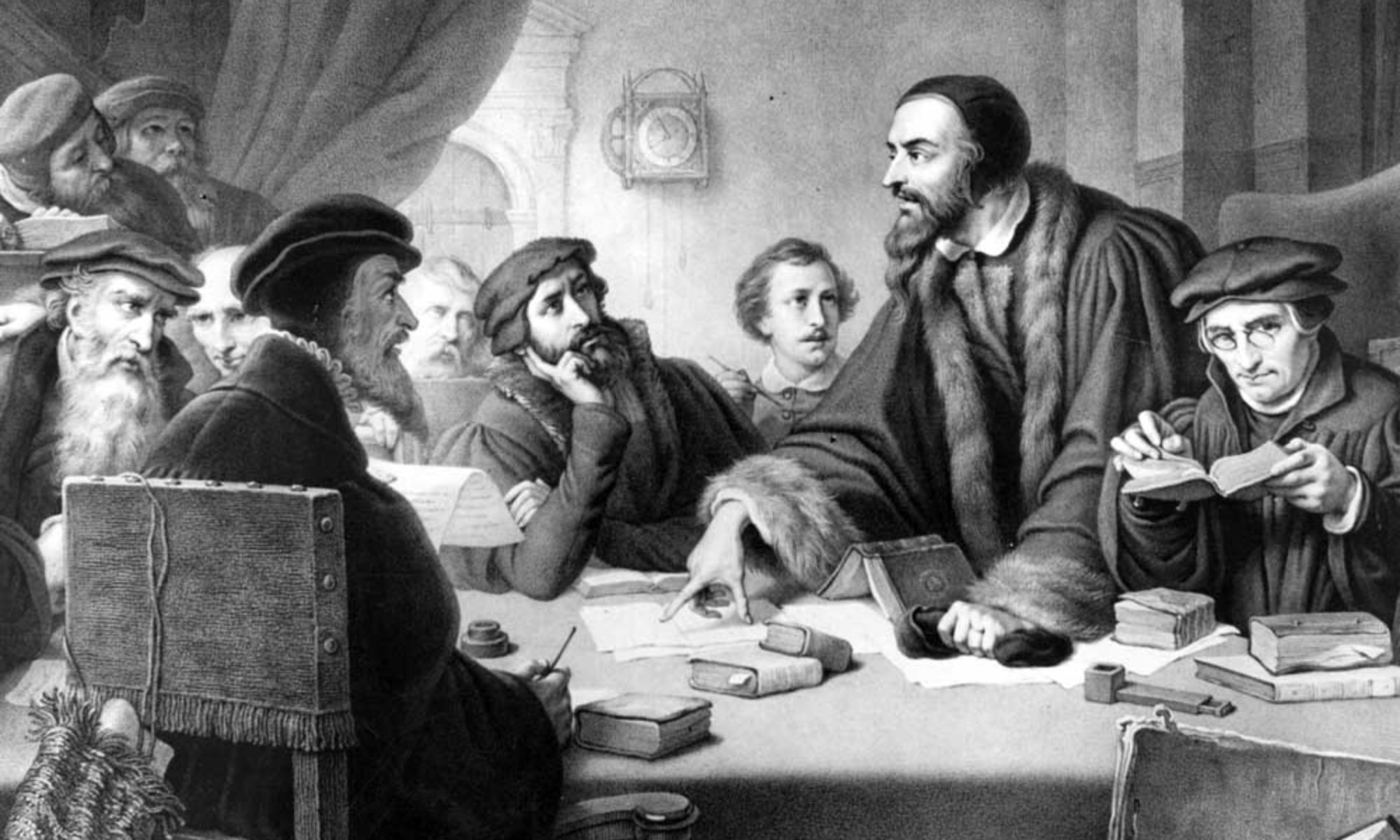Here are two great sermons from Christ Church Reformation Sunday 2011 (from the two services).
The first one is by Doug Wilson, and is called “Reformation in the Boneyard.” Here is what Doug Wilson said about his message: “…this message represents the heart of our ministry here. If there is anything I care about, it is this.” (His FB)
The second sermon, “Christ the Conqueror” is by Toby Sumpter, Pastor at Trinity Reformed Church (with Peter Leithart).
I have often encouraged critics of the FV to actually listen to some of the sermons of the men they claim are denying the gospel. These sermons would be a great place to start! mp3’s of these sermons can be found at www.canonwired.com.
Solus Christus




